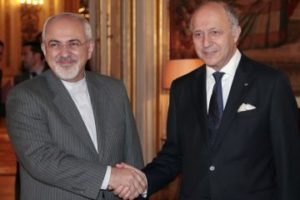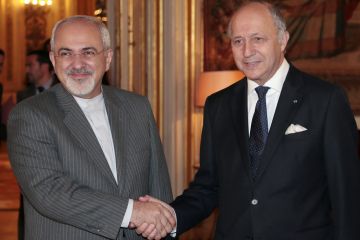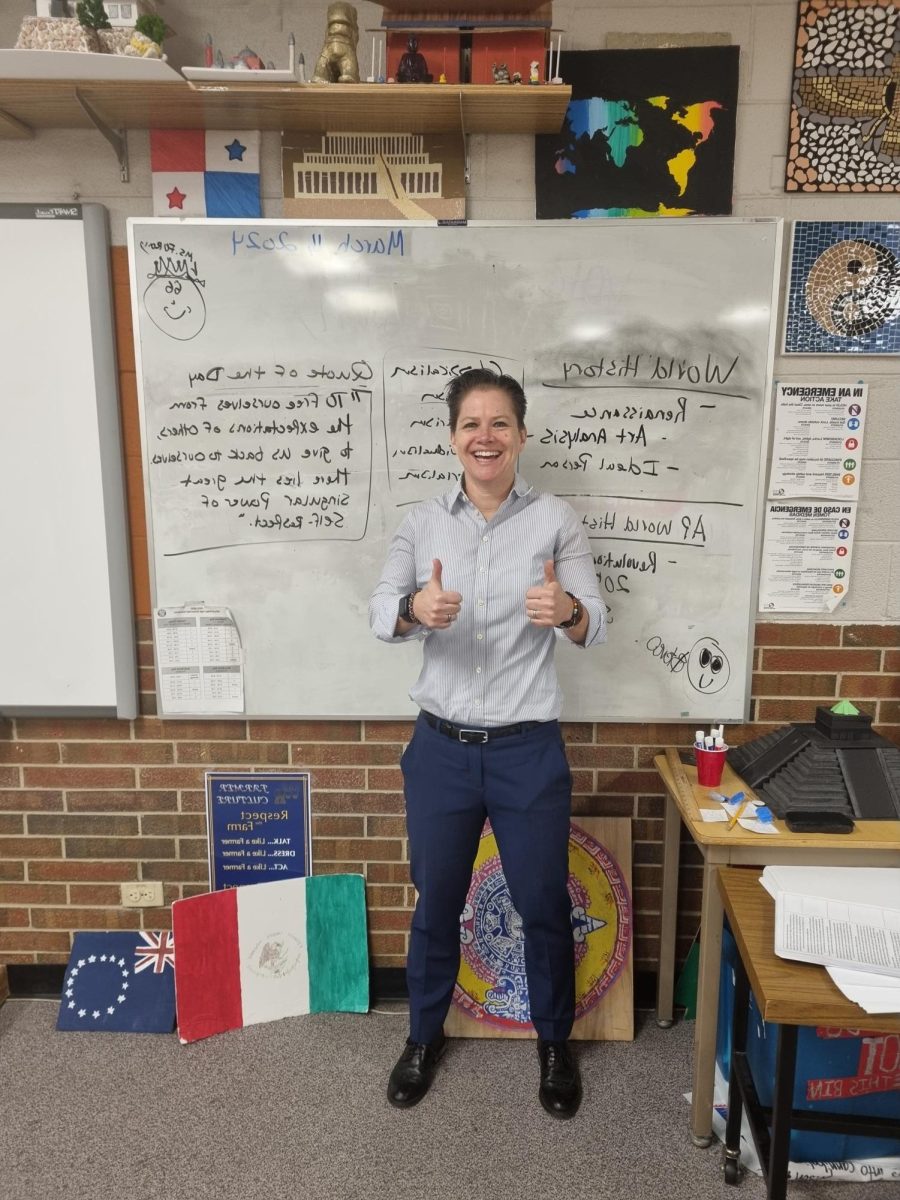By Austin White
A fear in the mind of most Americans is the thought of an unpredictable country like Iran having the potential to deploy weapons of mass destruction or, more specifically, having nuclear weapon capabilities.
This fear is now seemingly near to realization as Iran has generated an amount of 20% enriched uranium, close to being at a level at which bombs can be produced. Another factor in this growing fear is the near completion of a heavy-water reactor that would produce fuel containing plutonium which can also be used to make bombs.
Representatives from six world powers—United States, France, Britain, Russia, China and Germany—met in Geneva, Switzerland, beginning on Oct. 15, with officials from Iran to discuss a possible deal to control the growing advancements in nuclear power. It seemed as if the officials would end talks on Sunday Nov. 10, but last minute disagreements separated the two sides. Talks between the world powers and Iran are scheduled to resume on Nov. 20-22.
Secretary of State John Kerry now has the difficult task of selling his plan to Congress who is most likely in opposition. The first step in Kerry’s plan is to end some economic sanctions being applied to Iran in exchange for curtailing some of its nuclear activity. The next step would be creating a deal, within 6 months of the initial agreement, to completely block Iran’s path to nuclear weapons while lifting the international sanctions being placed on Iran that are destroying the nation’s economy. Congress’ plan of action is quite the opposite. The majority believes increasing sanctions will cause even more harm to the Iranian economy to the point where it will be forced to shut down its nuclear programs. Tennessee Sen. Bob Corker, who is the top Republican on the Foreign Relations Committee, believes that adapting Kerry’s plan will lead to a similar situation that occurred in North Korea when a slower approach was taken to end nuclear programs. As one can see today, the plan in North Korea did not work the way Congress hoped, as they have already done three nuclear tests.
On Friday Nov. 15 a U.S. official stated that a deal with Iran in next week’s meeting is “quite possible.” However this anonymous official added, “there are still tough issues to negotiate.”

The world will have to wait and see what the officials at the Nov. 20-22 meeting are going to produce for a plan. Until then, the debate at home in the U.S. will continue until the sides are willing to create some sort of compromise.







